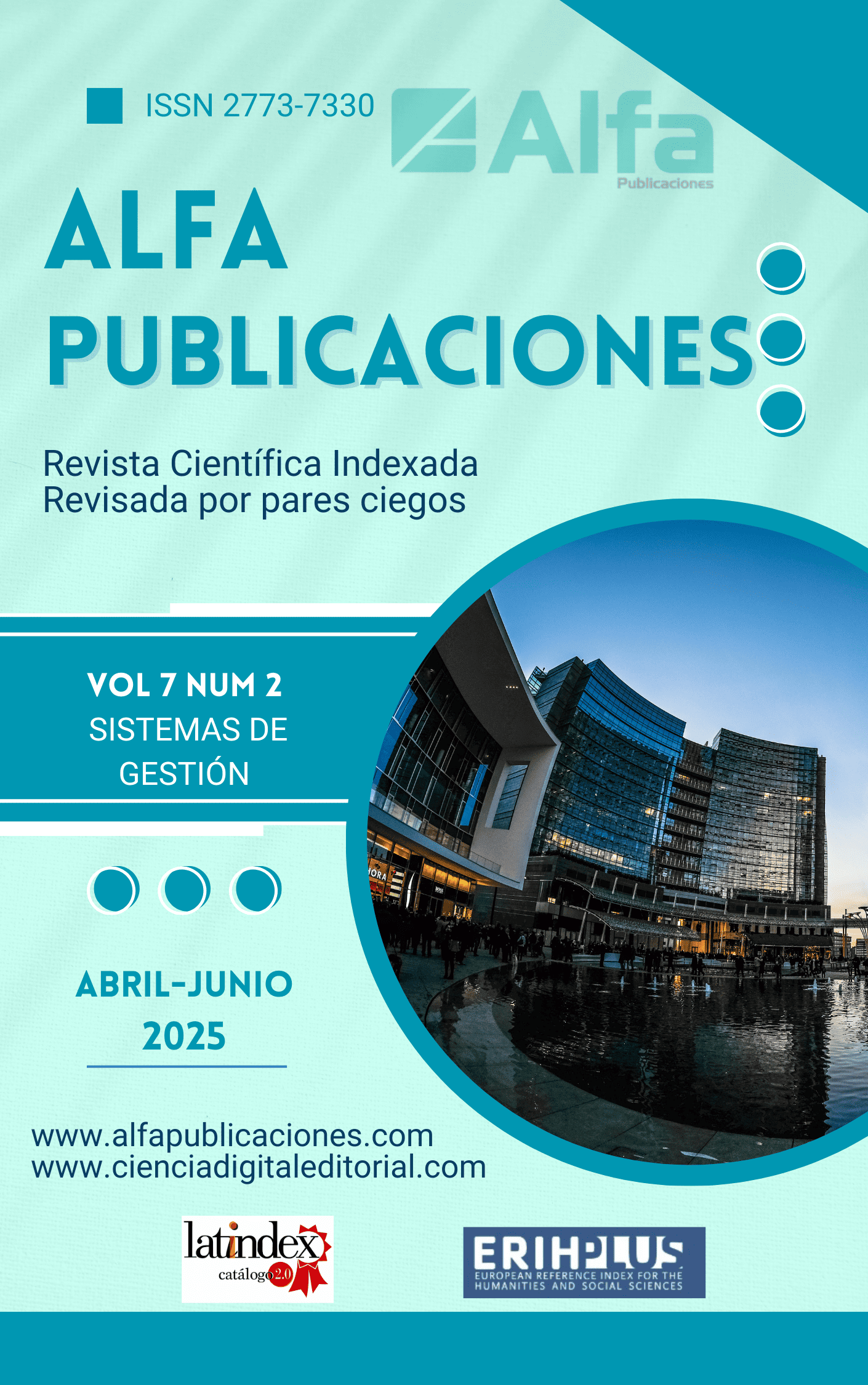Impacto de la inteligencia artificial en la educación básica superior
Contenido principal del artículo
Resumen
Introducción: la sociedad del conocimiento requiere transformaciones urgentes en los sistemas educativos globales. Estos cambios deben estar alineados con las nuevas tecnologías y los servicios intangibles. Nos encontramos en la era de la Inteligencia Artificial (IA), que influye considerablemente en áreas como el transporte, la atención médica, los servicios financieros, las plataformas de entretenimiento, la robótica y la fabricación, entre otras. Objetivo: Analizar el impacto de la inteligencia artificial en los procesos de enseñanza y aprendizaje en la educación básica superior, identificando sus beneficios, desafíos y posibles aplicaciones en el aula. Metodología: el propósito de esta investigación proyectiva con diseño bibliográfico es proponer una metodología para el uso de la IA en el ámbito educativo. Resultados: los resultados de la propuesta se dividen en varias categorías: procesos de supervisión, procesos de admisión y retención universitaria, detección temprana de problemas de conducta. Conclusiones: como conclusión principal, se determinó que la IA es una tecnología con un valor incalculable en el mercado, no solo en términos monetarios, sino también por su capacidad para optimizar procesos no comerciales, como en el sector educativo. La IA representa y continuará siendo un factor decisivo en la transformación de los paradigmas educativos tradicionales. Área de estudio general: Educación. Área de estudio específica: Tecnología educativa. Tipo de artículo: Original.
Descargas
Detalles del artículo
dssfdsf
dsfdsf

